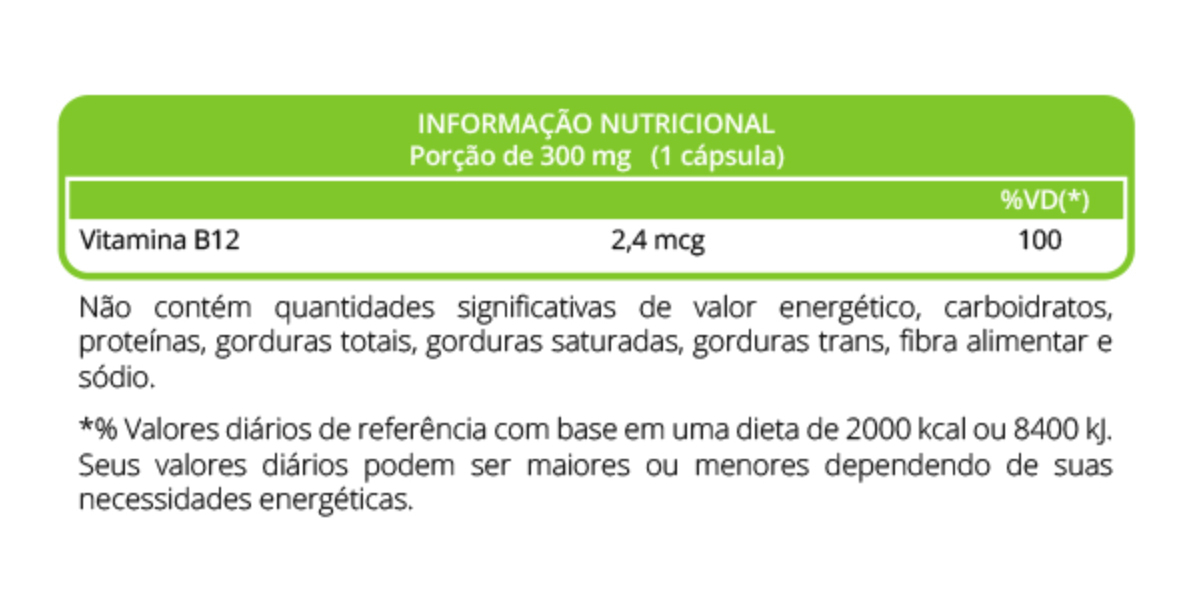In recent years, smart farming has emerged as a pivotal concept in the agricultural sector, driven largely by advancements in the Internet of Things (IoT). This innovative approach integrates technology with traditional farming practices, enabling farmers to optimize their operations and enhance productivity. But how exactly does IoT contribute to this agricultural revolution?
Understanding Smart Farming
Smart farming refers to the use of modern technology to improve the efficiency and sustainability of agricultural practices. By leveraging connected devices, farmers can monitor and manage their crops and livestock in real-time. This integration of technology not only increases yield but also reduces waste and environmental impact.
Key Components of IoT in Smart Farming
- Sensor Technology: Sensors play a crucial role in collecting data about soil moisture, temperature, and crop health. This data allows farmers to make informed decisions.
- Data Analytics: Analyzing the data collected from various sources helps in predicting crop yields and identifying potential issues before they escalate.
- Automation: Automated systems can manage irrigation, fertilization, and pest control, significantly reducing labor costs and increasing efficiency.
- Remote Monitoring: Farmers can monitor their fields from anywhere in the world, ensuring that they can respond quickly to any changes in conditions.
The Benefits of IoT in Smart Farming
Implementing IoT solutions in smart farming offers numerous advantages:
- Increased Efficiency: By automating routine tasks, farmers can focus on more strategic aspects of their operations.
- Cost Reduction: IoT technologies can help minimize resource waste, leading to significant cost savings.
- Enhanced Crop Management: Real-time data allows for precise management of crops, resulting in better quality produce.
- Sustainability: Smart farming practices contribute to environmental sustainability by optimizing resource use and reducing chemical runoff.
Challenges and Considerations
While the benefits of smart farming are substantial, there are challenges that farmers must navigate. Issues such as data privacy, the initial cost of technology, and the need for technical expertise can pose barriers to adoption. However, with the right support and resources, these challenges can be overcome.
Conclusion: The Future of Smart Farming
As we look to the future, the role of IoT in smart farming will only continue to grow. By embracing these technologies, farmers can not only improve their productivity but also contribute to a more sustainable agricultural system. The integration of IoT in agriculture is not just a trend; it is a necessary evolution in how we approach food production.
For those interested in exploring innovative solutions in this field, consider checking out that can complement your smart farming journey.








